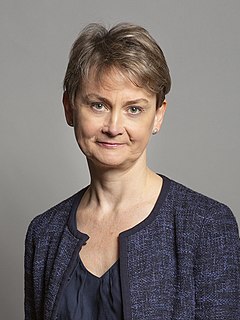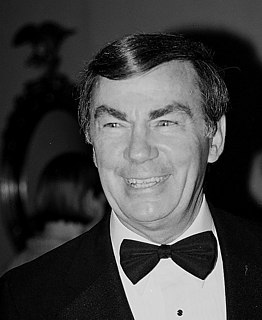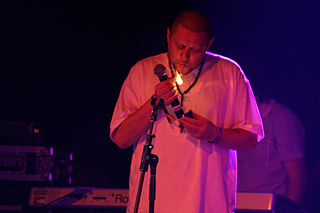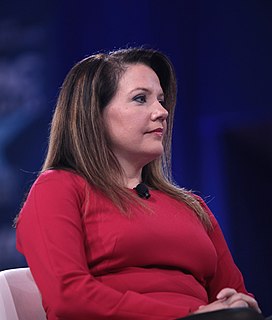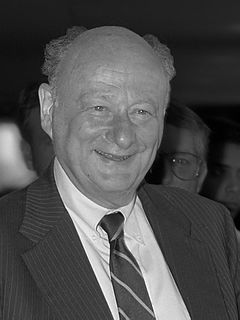A Quote by Patrick Stewart
I've been in politics all my life. In 1945, I committed my first act of civil disobedience during the election campaign for the first post-World War II general election, when the Labour Party, to everyone's amazement, ousted the Conservatives. I refused to obey the instructions of a policeman, and as a result, almost got a belt around the ear, because those were the days when policemen could hit children and nobody cared, they thought it was probably good for them.
Quote Topics
Act
All My Life
Almost
Amazement
Around
Because
Been
Belt
Campaign
Cared
Children
Civil
Civil Disobedience
Committed
Conservatives
Could
Days
Disobedience
Ear
Election
Everyone
First
General
General Election
Good
Got
Hit
Instructions
Labour
Labour Party
Life
My Life
Nobody
Obey
Party
Policeman
Policemen
Politics
Post
Refused
Result
Them
Those
Thought
War
Were
World
World War
World War I
World War II
Related Quotes
Sexism in politics is nothing new when you're standing for election. But don't stand for election and it's almost as bad. Shockingly, David Cameron thought it acceptable to claim this week that my decision not to run for the Labour leadership was because my husband, Ed Balls, "stopped [me] from standing."
The general election of 1983 has produced one important result that has passed virtually without comment in the media. It is that, for the first time since 1945, a political party with an openly socialist policy has received the support of over eight and a half million people. This is a remarkable development by any standards and it deserves some analysis ... the 1983 Labour manifesto commanded the loyalty of millions of voters and a democratic socialist bridge-head in public understanding and support can be made.
I think in many ways, the Spanish Civil War was the first battle of World War II. After all, where else in the world at this point did you have Americans in uniform who were being bombed by Nazi planes four years before the U.S. entered World War II? Hitler and Mussolini jumped in on the side of Francisco Franco and his Spanish nationalists, sent them vast amounts of military aid, airplanes, tanks - and Mussolini sent 80,000 ground troops as well - because they wanted a sympathetic ally in power. So I think it really was the opening act of World War II.
In one sense, I have always felt glad to have had the war [World War II] in my childhood, because, as a result, nothing that has happened in the world since then has ever seemed quite so bad. On the other hand, I never entirely got over my feeling of being cheated when the promised era of peace in a wonderful "post-war world" failed to materialize. I could not understand how, after all that, people could ever even think of fighting again. And I still can't.

